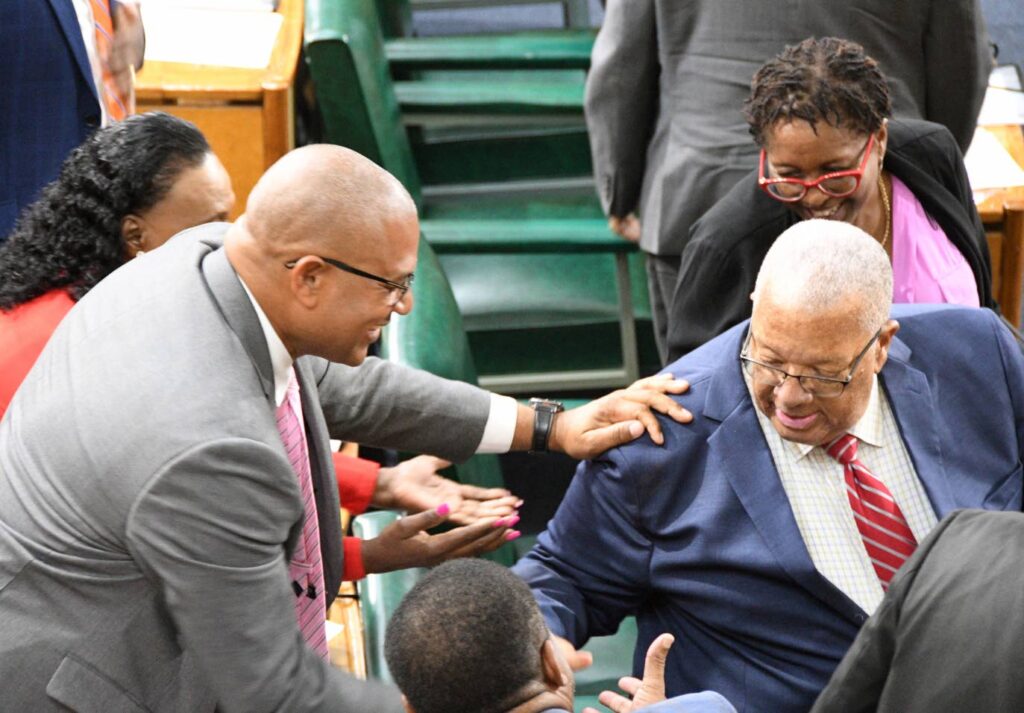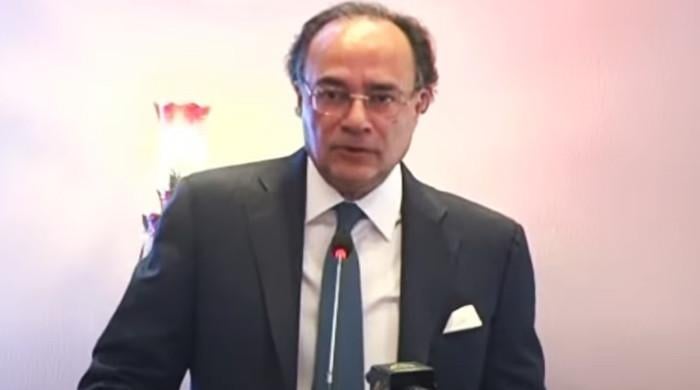Jamaica's Close Call: How Peter Phillips Dodged a Financial Crisis and Almost Stepped Down

In a dramatic turn of events that nearly shook the foundations of Jamaican politics, former Finance Minister Peter Phillips revealed a moment where he considered resigning due to a looming financial crisis. The incident, recounted in recent interviews, highlights the precarious position the People's National Party (PNP) government, led by then-Prime Minister Portia Simpson Miller, found itself in during a critical period.
The core of the issue stemmed from uncertainty surrounding a crucial funding package from the International Monetary Fund (IMF). Phillips explained that he was forced to personally contact the IMF to confirm whether the agreed-upon funding had been formally approved. The situation was dire: without the IMF’s support, the Simpson Miller administration faced the prospect of being unable to finance the national budget.
A Budget on the Brink
Jamaica’s economic landscape at the time was complex, heavily reliant on external funding and vulnerable to shifts in global markets. The IMF played a vital role in stabilizing the economy, providing loans and technical assistance in exchange for adherence to specific economic reforms. The approval of a new funding package was therefore essential for the PNP government to maintain fiscal stability and deliver on its promises to the Jamaican people.
Phillips’ decision to directly engage with the IMF underscores the gravity of the situation. It wasn't simply a matter of routine communication; it was a desperate attempt to ascertain whether the lifeline the government needed was actually going to materialize. The potential consequences of failure were significant, ranging from budget cuts and austerity measures to a potential economic downturn.
The Weight of Responsibility
The revelation of Phillips’ near resignation speaks volumes about the immense pressure and responsibility placed on the shoulders of Jamaica’s finance minister. The role demands not only a deep understanding of economic principles but also the ability to navigate complex political landscapes and manage crises with composure under immense pressure. Phillips’ willingness to consider stepping down demonstrates the weight he placed on ensuring the country’s financial stability.
Lessons Learned and Future Implications
This episode offers valuable lessons for Jamaica’s policymakers. It underscores the importance of maintaining strong relationships with international financial institutions like the IMF and the need for robust contingency planning to address potential funding shortfalls. Furthermore, it highlights the critical role of transparency and communication in managing public expectations during times of economic uncertainty.
The incident also serves as a reminder of the fragility of economic stability and the constant vigilance required to safeguard Jamaica’s financial future. While the crisis was averted, the near miss serves as a potent reminder of the challenges that lie ahead and the importance of proactive and decisive leadership in navigating them. The story of Peter Phillips and the almost resignation is a testament to the pressures of leadership and the high stakes involved in managing a nation's finances.






